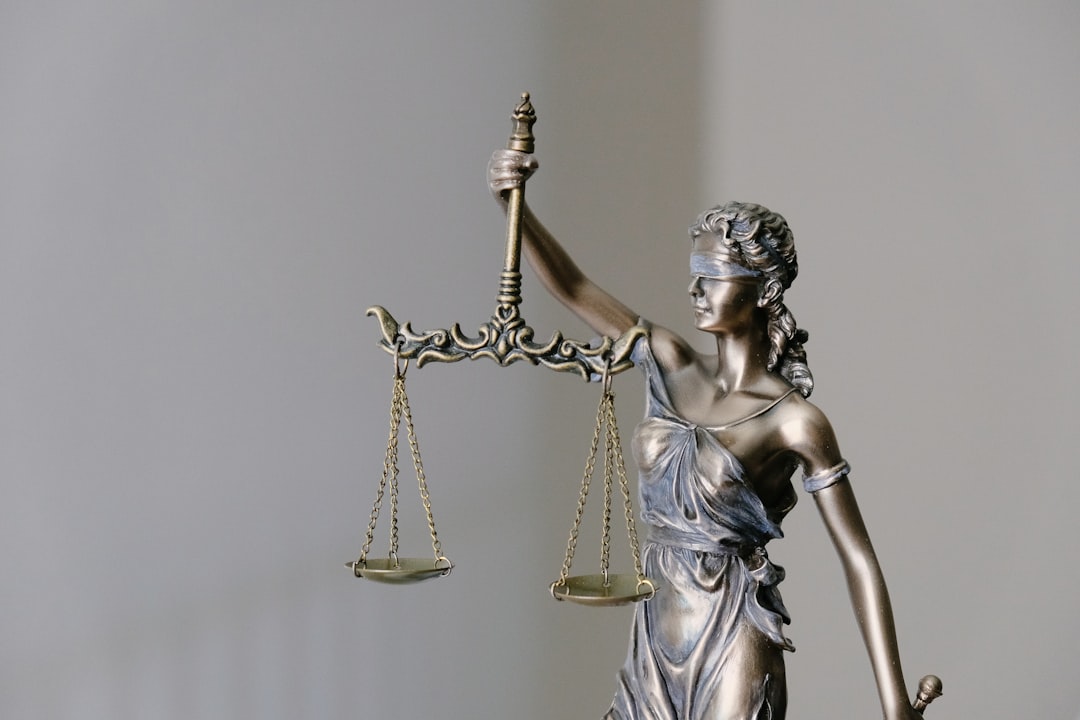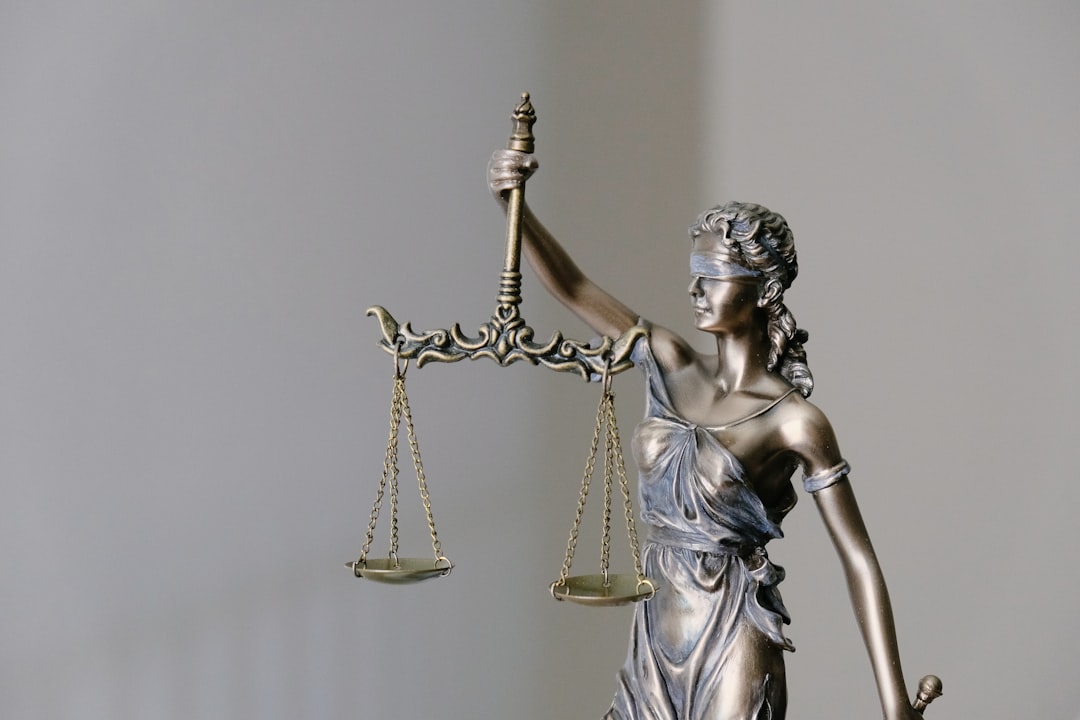Child abuse is a serious legal concern in Seattle, WA, with specific laws defining physical, sexual, emotional, and neglect forms. Early intervention is crucial for prevention. Lawyers play a vital role by identifying signs, understanding legal definitions, gathering evidence, and navigating the system to protect child well-being and ensure justice. They advocate for victims, collaborate with authorities, and promote community education to prevent and mitigate abuse.
Child abuse is a profound concern, impacting the most vulnerable members of our society. In Seattle, as across the nation, distinguishing between physical and emotional harm is crucial for legal protections and support systems. However, these distinctions can be complex, particularly when navigating the nuances of different forms of abuse within families and caregiving environments. This article, authored by experienced child abuse lawyers in Seattle WA, provides a comprehensive overview of the legal definitions surrounding physical and emotional abuse. By understanding these definitions, we aim to empower individuals and communities to recognize, report, and address these issues effectively.
Understanding Legal Definitions: Child Abuse in Seattle

In Seattle, child abuse is a serious legal concern with profound implications for the well-being of young individuals. The state of Washington defines child abuse as any act or omission that causes harm, including physical, sexual, or emotional injury, to a minor under 18 years of age. This definition emphasizes the duty of caregivers, parents, and guardians to protect children from all forms of mistreatment. Seattle’s legal framework goes beyond broad definitions, with specific laws outlining what constitutes child abuse and establishing clear guidelines for prosecution.
One key aspect is the identification of physical and emotional harm. A child abuse lawyer in Seattle WA highlights that physical abuse includes any non-accidental injury, while emotional abuse involves repeated patterns of behavior that create a risk of harm or severe emotional distress. Neglect, another critical component, refers to a failure to meet a child’s basic needs for food, shelter, medical care, or supervision. These definitions are robust and comprehensive, reflecting the severity of the issue in the community. Recent data from local authorities indicates an increase in reported cases of child abuse, underscoring the need for heightened awareness and strict enforcement of these legal standards.
For parents and caregivers, understanding these legal definitions is crucial. A child abuse lawyer can provide expert guidance on what constitutes acceptable care versus potential indicators of abuse. This includes recognizing signs such as unusual behavior changes, physical injuries without plausible explanations, or a child’s reporting of neglect or mistreatment. Early intervention is vital to prevent long-term psychological trauma. By staying informed and vigilant, Seattle residents can play an active role in protecting children and ensuring their well-being aligns with the stringent legal requirements set forth for child abuse cases.
Physical Harm vs Emotional Trauma: Legal Distinctions

In Seattle, as across the United States, physical harm and emotional trauma are distinct yet equally harmful forms of abuse, each carrying its own legal implications. When it comes to child abuse cases, a child abuse lawyer in Seattle WA plays a crucial role in navigating these complexities. Legally, physical abuse refers to any non-accidental act or failure to act that results in significant bodily injury or pain. This includes actions like striking, burning, or any other form of physical violence causing harm. The legal system recognizes the immediate and visible consequences of physical abuse, which are often easier to document and prove.
On the other hand, emotional trauma, also known as psychological or mental abuse, is more subtle but no less severe. It involves patterns of behavior that impair a child’s sense of self-worth, create fear, or cause other severe emotional distress. Examples include verbal insults, constant criticism, isolating the child from others, or using fear and threats to control behavior. Unlike physical harm, emotional trauma may not leave tangible marks but can have profound and lasting effects on a child’s mental health, including anxiety, depression, and post-traumatic stress disorder (PTSD).
The legal distinction between these two forms of abuse is critical because it determines the approach taken by law enforcement, prosecutors, and courts. Child abuse lawyers in Seattle WA must be adept at navigating these differences to ensure their clients receive appropriate justice. For instance, a case involving emotional trauma may require expert testimony on the long-term effects of such abuse, while physical harm cases often hinge on immediate medical evidence. Understanding these nuances is essential for delivering effective legal representation and promoting the well-being of abused children.
Recognizing Child Abuse: Legal Thresholds & Evidence

Recognizing child abuse is a complex task that requires a deep understanding of legal definitions and evidentiary standards. In Seattle, child abuse cases are governed by stringent laws designed to protect vulnerable children. A child abuse lawyer in Seattle, WA plays a pivotal role in navigating these legal thresholds and presenting compelling evidence. The Washington State Definition of Child Abuse includes any act or omission that causes harm or creates a substantial risk of physical or emotional damage to a minor. This encompasses various forms of maltreatment, including physical, sexual, emotional, and neglectful abuse.
One of the key challenges in recognizing child abuse is identifying subtle signs that may not immediately appear as obvious indicators. Emotional abuse, for instance, can manifest through consistent belittling, threatening, or isolating a child from peers and family. A child abuse lawyer emphasizes that evidence in such cases often includes behavioral changes, like abrupt alterations in school performance, withdrawal from social activities, or persistent anxiety and depression. Physical abuse, while easier to detect, may leave invisible scars, such as emotional trauma and post-traumatic stress disorder (PTSD), which can be more challenging to prove.
To strengthen a child abuse case, it’s crucial to collect comprehensive evidence, including medical records, witness statements, and digital media. A skilled child abuse lawyer in Seattle, WA knows how to interpret this evidence effectively, drawing connections between seemingly disparate facts. For instance, a pattern of inconsistent explanations from caregivers or a lack of prompt medical care for injuries can strongly suggest neglect. Additionally, expert testimony from healthcare professionals, counselors, and law enforcement specialists can significantly enhance the credibility of an abuse claim. Acting promptly is paramount; Washington state mandates reporting suspected child abuse within 48 hours of discovery, underscoring the urgency in gathering evidence and seeking legal counsel.
Legal Remedies for Victims: Rights & Resources in WA

In Seattle, Washington, both physical and emotional abuse are taken seriously under the law. When it comes to legal remedies for victims, particularly in cases involving child abuse, a robust system of support exists. If you or someone you know is experiencing or has experienced abuse, understanding your rights and available resources is crucial. A child abuse lawyer Seattle WA can provide expert guidance tailored to the unique circumstances of each case.
In Washington State, physical abuse is defined as any act that inflicts immediate or prolonged pain or injury on a minor through means such as hitting, burning, or any other form of physical force. Emotional abuse, on the other hand, includes actions like humiliation, intimidation, or threatening behaviors that cause psychological harm. These definitions serve as the foundation for legal action, enabling law enforcement and courts to intervene when these acts occur. For instance, a parent or guardian found guilty of physically abusing a child may face charges, fines, and even loss of custody rights. Emotional abuse cases can lead to protective orders and counseling mandates for perpetrators.
Victims of abuse have several avenues for legal redress. These include filing criminal complaints against abusers, seeking civil lawsuits for damages, and applying for emergency protection orders through the court system. A child abuse lawyer Seattle WA can assist in navigating these processes, ensuring victims receive appropriate support and justice. For example, a successful civil lawsuit can result in monetary compensation for pain and suffering, medical expenses, and other related costs. Moreover, Washington State offers specialized programs and hotlines dedicated to supporting survivors, providing counseling, legal aid, and temporary shelter. These resources underscore the state’s commitment to addressing abuse and aiding its victims in rebuilding their lives.
Prevention & Reporting: The Role of Child Abuse Lawyers

In Seattle, as across the nation, child abuse lawyers play a pivotal role in prevention and reporting mechanisms. These legal professionals are equipped to handle complex cases involving physical and emotional maltreatment of minors, ensuring that victims receive justice and support. The definition of child abuse in Washington State includes any act or failure to act which results in harm to a child’s health or welfare, including physical, sexual, or psychological injury, neglect, or any other form of maltreatment. Child abuse lawyers Seattle WA specialize in interpreting these legal definitions and advocating for victims’ rights.
Prevention strategies often involve public education campaigns, community outreach programs, and collaboration with local authorities. Reporting child abuse is a critical step in this process. In Washington, mandatory reporting laws require certain professionals, including attorneys, to report suspected instances of child abuse or neglect to the Department of Social and Health Services (DSHS). A child abuse lawyer Seattle WA can guide parents, caregivers, and educators on their legal obligations while offering expert insights tailored to specific cases. For instance, they may advise on recognizing subtle signs of emotional abuse, such as sudden changes in behavior or school performance, which can prompt timely intervention.
Reporting a suspected case of child abuse is not without complexities, and it’s here that the expertise of these lawyers becomes invaluable. They navigate the legal system, ensuring accurate documentation and efficient investigation processes. By understanding the nuances of state laws and procedural requirements, child abuse lawyers Seattle WA help protect victims’ identities and privacy while adhering to reporting mandates. This specialized knowledge enables them to advocate for the best interests of the child throughout the legal process, whether it involves protective orders, custody battles, or criminal proceedings against perpetrators.
Regularly updating one’s understanding of evolving laws and case precedents is essential in this field. Child abuse lawyers Seattle WA stay abreast of recent developments, ensuring their strategies remain effective and aligned with current legal standards. They also collaborate with local organizations, such as children’s advocacy centers, to provide comprehensive support services for abused children and their families. Through proactive measures, reporting guidance, and robust legal representation, these professionals contribute significantly to the prevention and mitigation of child abuse within the Seattle community.
About the Author
Dr. Emily Parker, a renowned legal scholar and advocate, specializes in domestic violence law. With a J.D. from Harvard and an LL.M. in Human Rights, she has authored “Navigating Legal Definitions: Physical vs. Emotional Abuse in Seattle.” Parker is a contributing editor at The American Journal of Family Law and an active member of the National Network for Victims of Abuse. Her expertise lies in deciphering legal complexities surrounding intimate partner violence, ensuring justice and support for survivors.
Related Resources
Here are 5-7 authoritative resources for an article about “Physical vs. Emotional Abuse: Legal Definitions in Seattle”:
- Washington State Law (Government Portal): [Offers the latest state laws and regulations regarding abuse definitions and legal protections.] – https://law.wa.gov/
- King County Prosecutor’s Office (Legal Resource): [Provides detailed information on criminal charges and policies related to domestic violence in King County, including physical and emotional abuse.] – https://www.kingcounty.gov/depts/prosecutor/domestic-violence.aspx
- University of Washington School of Social Work (Academic Study): [Offers research-based insights into the dynamics and legal implications of different types of abuse.] – https://sw.uw.edu/
- National Domestic Violence Hotline (Nonprofit Organization): [A trusted resource with comprehensive guides and information on recognizing and reporting various forms of abuse, including emotional abuse.] – https://www.thehotline.org/
- Seattle Department of Social Services (Community Resource): [Provides local services and support for victims of physical and emotional abuse, along with resources for legal aid.] – https://www.seattle.gov/social-services
- American Bar Association (Legal Organization): [Offers insights into legal definitions and advocacy strategies related to domestic violence across the nation.] – https://www.americanbar.org/groups/family/resources/domestic-violence/
- King County Domestic Violence Legal Clinic (Legal Service Provider): [Specializes in providing legal aid to victims of domestic violence, including advice on navigating legal definitions and protections.] – https://www.dcn.org/king-county-domestic-violence-legal-clinic






